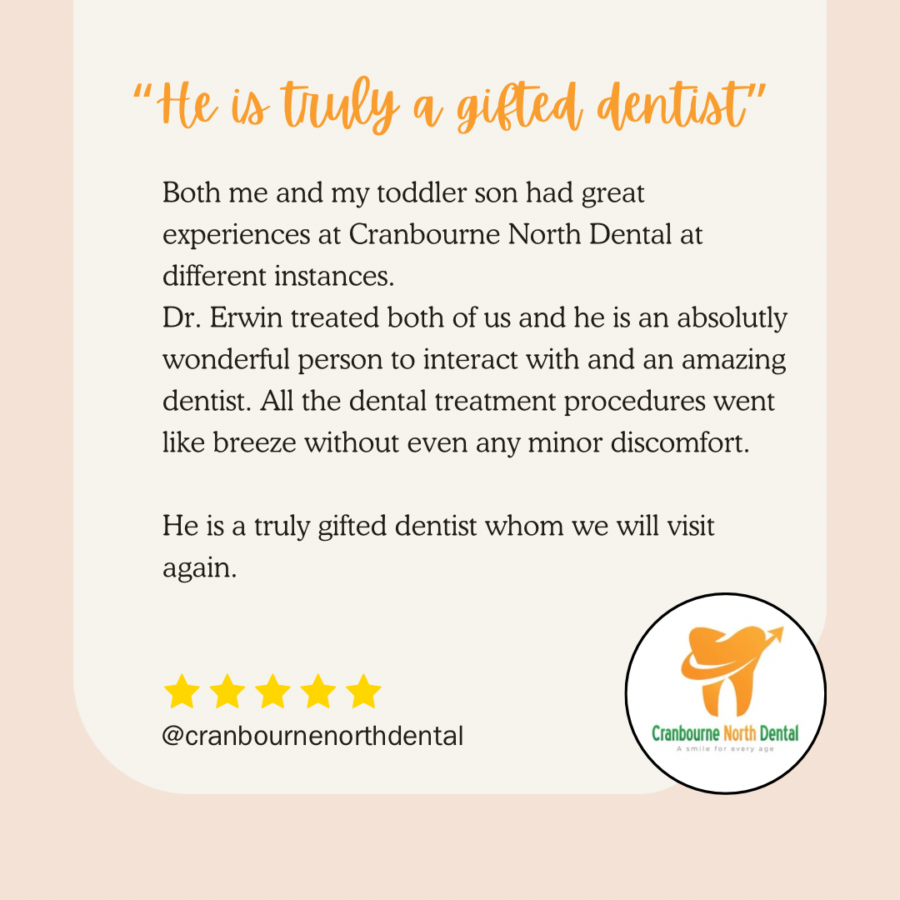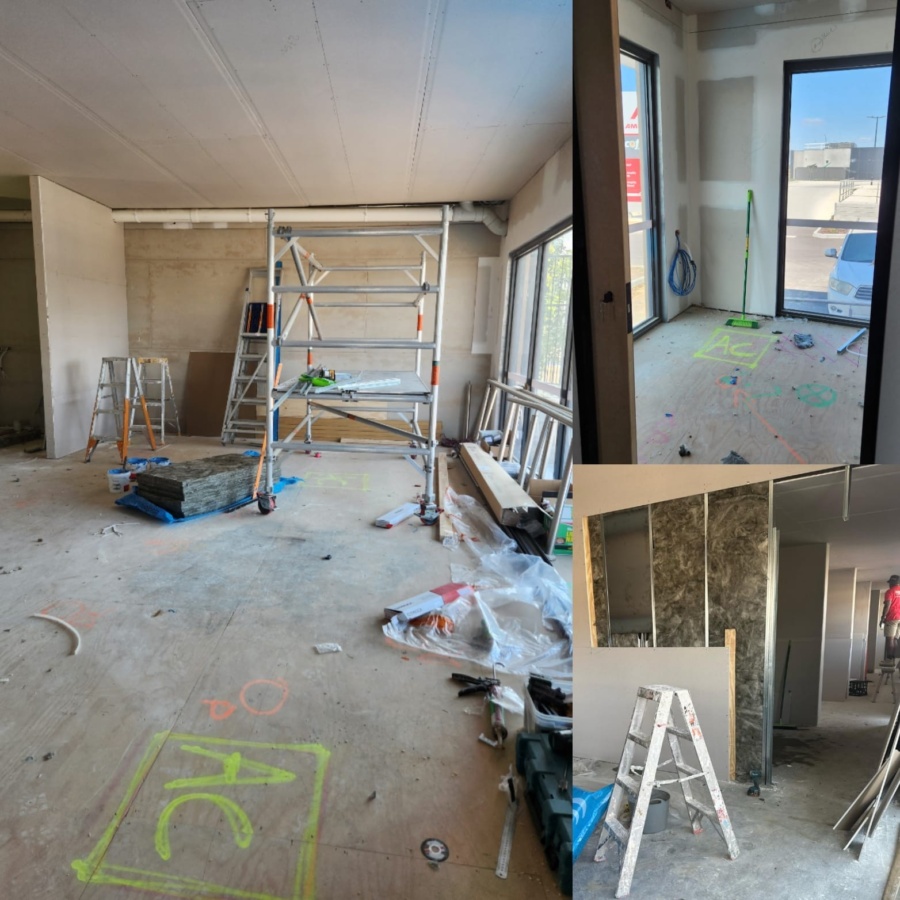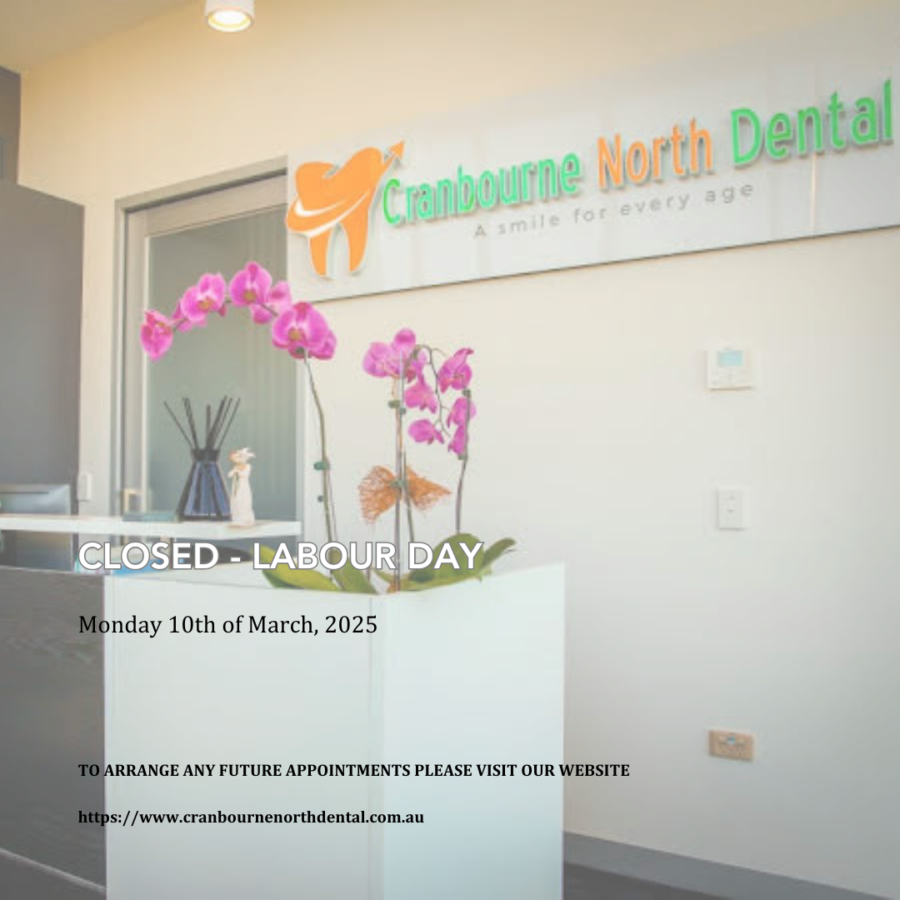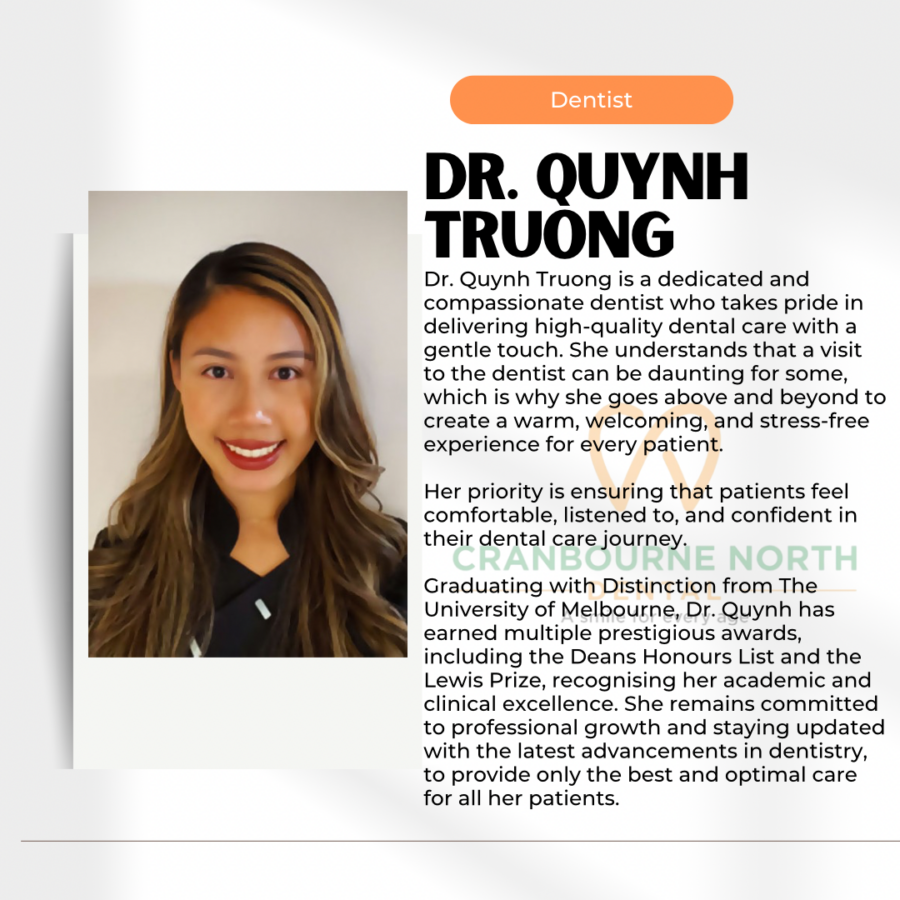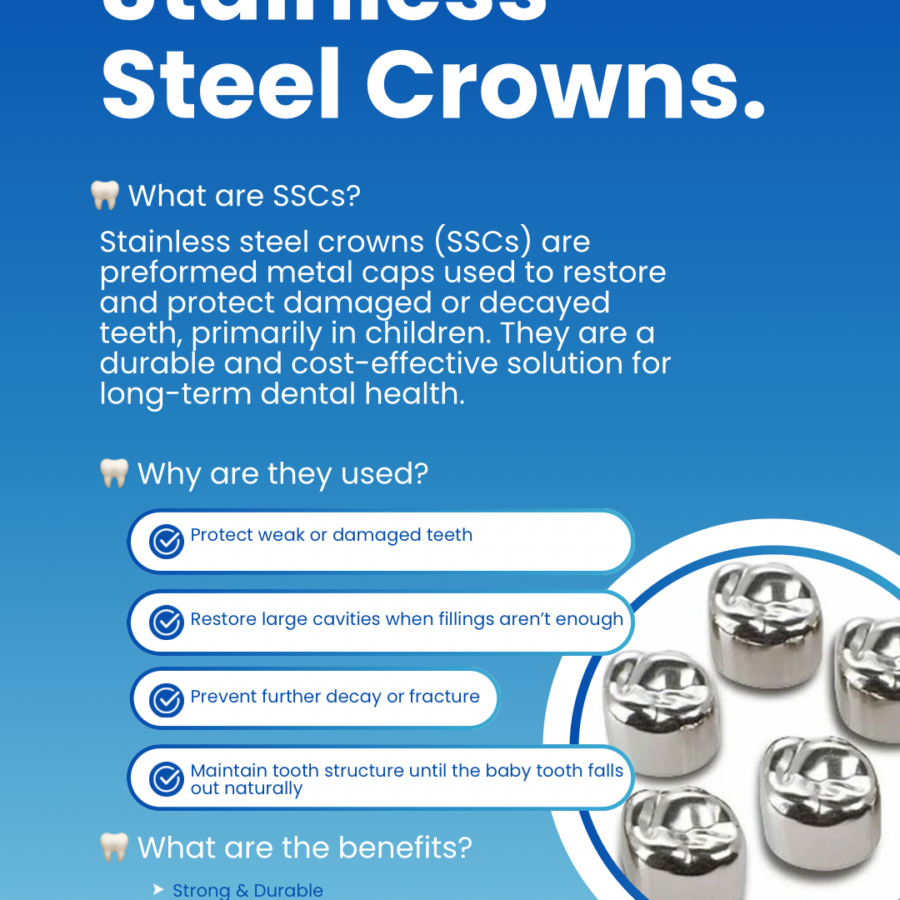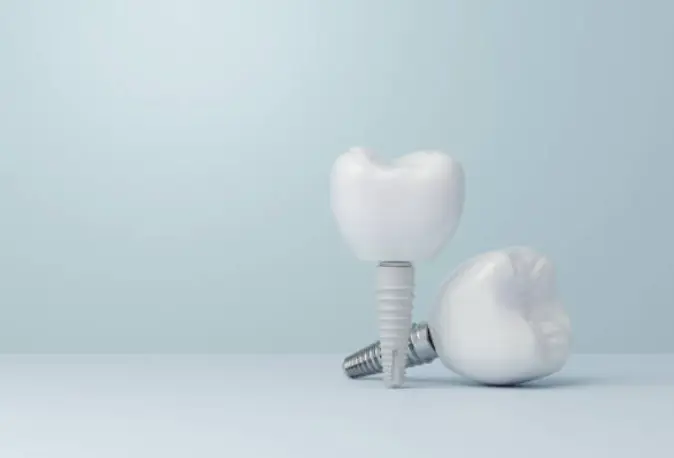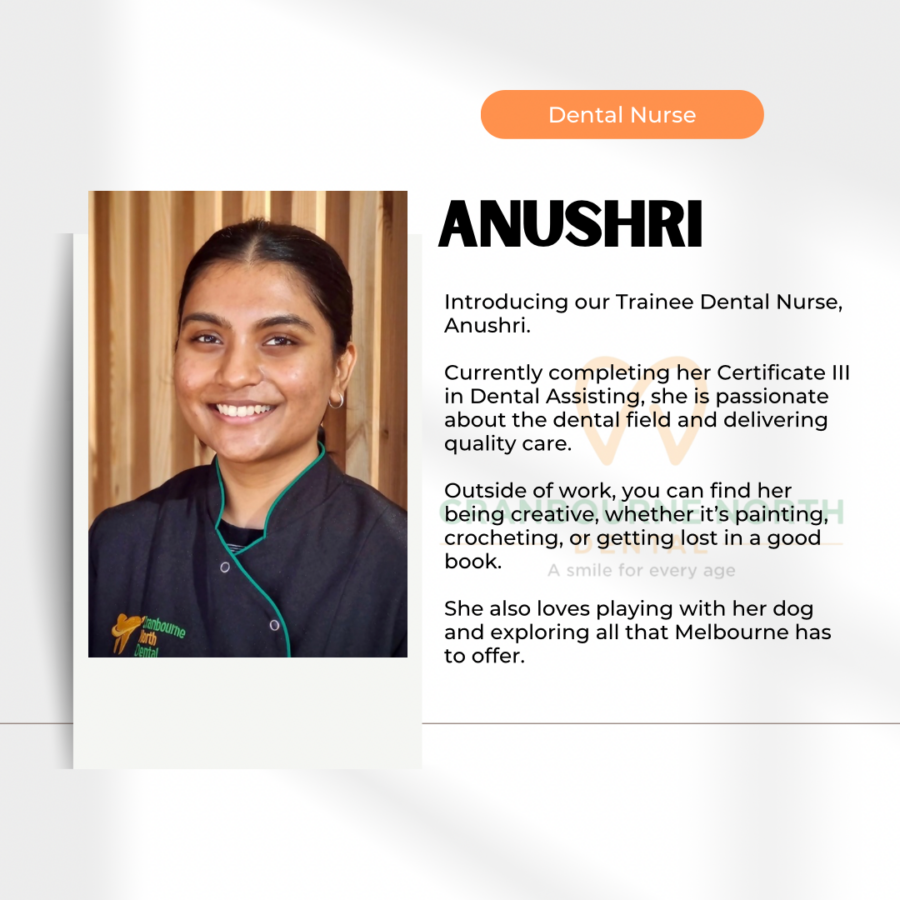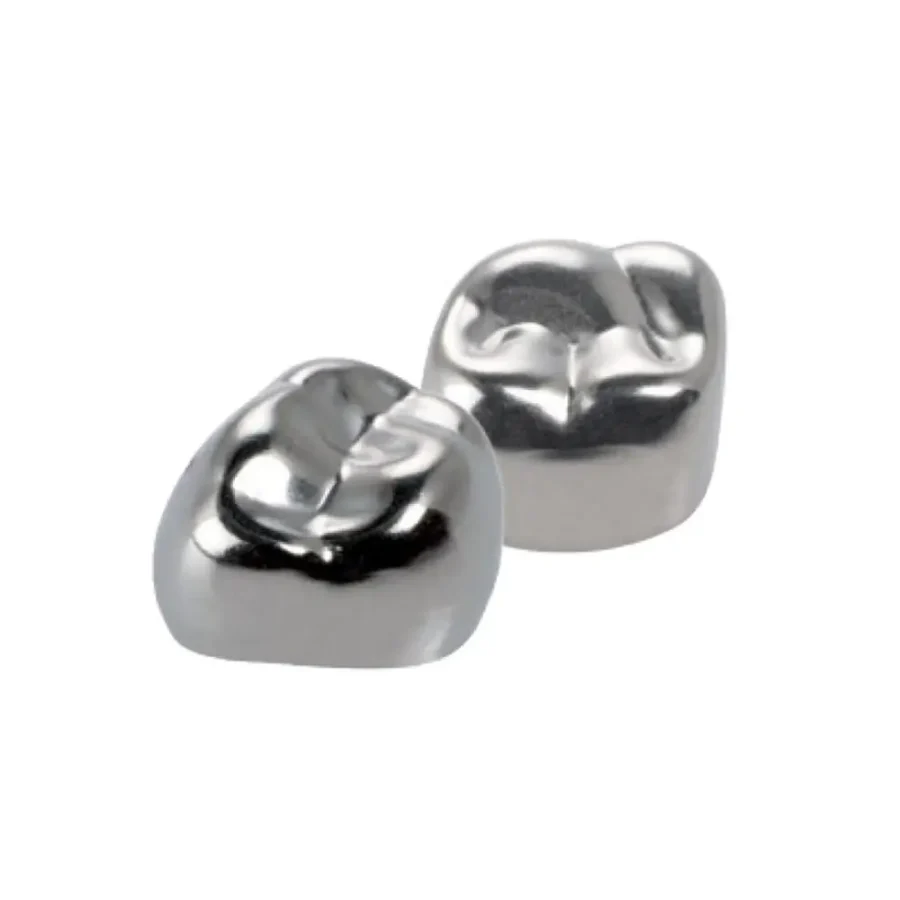What Are Receding Gums?
Receding gums, also known as gingival recession, occur when the gum tissue around the teeth diminishes or retracts, revealing more of the tooth or its root. This issue can cause tooth sensitivity, tooth decay, and in extreme cases, tooth loss. Since gum recession typically progresses slowly, early detection and intervention are crucial to prevent further complications.
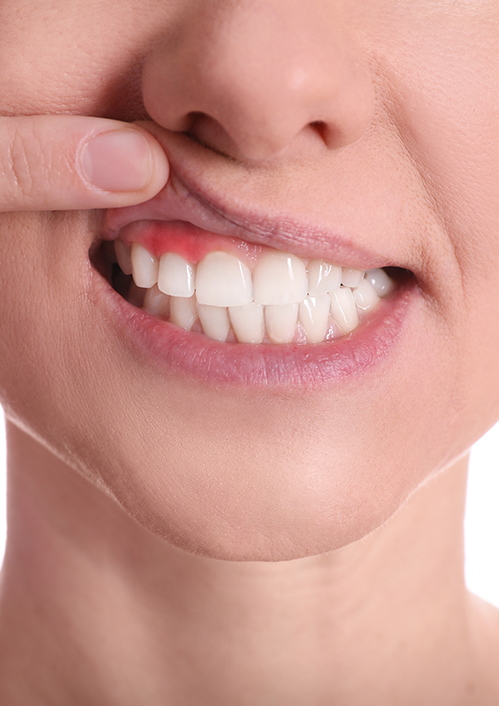
What Causes Receding Gums?
Several factors can contribute to the development of receding gums, including:
Poor Oral Hygiene
Poor oral hygiene, such as inadequate brushing and flossing, can lead to plaque buildup, causing gum inflammation and recession. Plaque hardens into tartar, which can only be removed by a dentist. This tartar buildup can further irritate and damage gum tissues.
Brushing Too Hard
Brushing too hard can wear down the enamel and cause gums to recede. Using a hard-bristled toothbrush or applying too much pressure can damage both the teeth and the delicate gum tissue.
Periodontal Disease
Periodontal disease, involving bacterial infections that destroy gum tissue and supporting bone, is a common cause of receding gums. This chronic condition often progresses slowly, causing significant damage before it becomes painful or noticeable.
Hormonal Changes
Hormonal changes, especially in women, can make gums more sensitive and prone to recession. Puberty, pregnancy, and menopause can all affect gum health, increasing the likelihood of gum disease and recession.
Teeth Grinding and Clenching
Teeth grinding and clenching can exert excessive force on the teeth, causing the gums to recede. This habit, known as bruxism, can wear down the teeth and irritate the gums, leading to recession and other dental issues.
What Is the Most Effective Receding Gums Treatment?
Addressing receding gums early is crucial to prevent further damage. Here are some common treatments:
Scaling and Root Planing
Scaling and root planing is a deep cleaning procedure to remove plaque and tartar from below the gum line and smooth the tooth root to help gums reattach. This treatment is often the first step in addressing gum recession caused by periodontal disease.
Gum Grafts
Gum grafts are surgical procedures that involve taking tissue from another part of your mouth or using synthetic material to cover exposed roots. This helps to protect the roots from decay and reduce sensitivity while also improving the appearance of your gums.
Desensitising Agents and Dentine Bonding
Desensitising agents and dentine bonding treatments help reduce sensitivity in exposed tooth roots and protect them from decay. These treatments can provide immediate relief from discomfort and help strengthen the affected areas.


How to Stop Receding Gums From Getting Worse
Preventing further gum recession involves several key practices:
Adopt a Gentle Brushing Technique and Routine Flossing
Using a soft-bristled toothbrush and gentle strokes can help avoid damaging your gums. Brushing too hard can wear down gum tissue, so it’s important to be gentle yet thorough. Flossing daily is extremely important to maintain good oral hygiene and reduce the risk of gum recession.
Avoid Tobacco Products & Manage Health Conditions
Smoking or chewing tobacco can increase risk for gum disease so it should be avoided. Tobacco products reduce blood flow to the gums, making it harder for them to heal and stay healthy. Also, controlling diabetes and other health issues can reduce the risk of gum problems. Proper management of these conditions is crucial for maintaining overall oral health.
Stay Hydrated
Drinking plenty of water is often forgotten. It helps maintain healthy saliva production, which is essential for neutralising harmful acids and bacteria in the mouth. Staying hydrated supports overall oral health and gum function.
Regular Dental Visits
Frequent check-ups and cleanings help maintain gum health and catch any issues early. Regular visits to your dentist can ensure that any signs of gum recession are addressed promptly. Contact Cranbourne North Dental to get regular dental checkups.
Contact Cranbourne North Dental For Receding Gums
If you have receding gums, Cranbourne North Dental can help. Our experienced team will assess your situation, identify the underlying cause, and provide personalised solutions to improve your oral health. Don’t let your receding gums affect your oral health — schedule a consultation with us today and take the first step towards healthier gums.
Our Treatments
Frequently Asked Questions

Can You Repair Receding Gums?
While receding gums cannot fully regrow, gum treatment options like gum grafts and scaling can help stop further recession and repair damaged areas, improving gum health.
Are Receding Gums Painful?
Receding gums can lead to discomfort and sensitivity, especially when the roots of the teeth become exposed. This can cause sensitivity to hot, cold, or sweet foods and drinks.
Are Veneers Good for Receding Gums?
Veneers can improve the appearance of teeth affected by receding gums, but they do not treat the underlying gum issue. It’s best to address gum health first before considering cosmetic treatments.
Can a Periodontist Fix Receding Gums?
Yes, a periodontist can provide specialised gum treatments such as gum grafts to repair and stop the progression of receding gums, helping to protect your teeth and oral health.
Can Braces Help Receding Gums?
Braces do not directly treat receding gums, but they can help improve alignment issues that may contribute to gum problems. Proper orthodontic care can reduce excessive pressure on gums, potentially preventing further recession.
Can Electric Toothbrushes Cause Receding Gums?
Using an electric toothbrush with too much pressure or improper technique can contribute to gum recession. It’s essential to use a gentle touch and the correct brushing method.
Can Flossing Cause Receding Gums?
Flossing improperly or aggressively can irritate and damage the gums, which may lead to or worsen gum recession. Gentle, regular flossing with proper technique helps maintain gum health.

